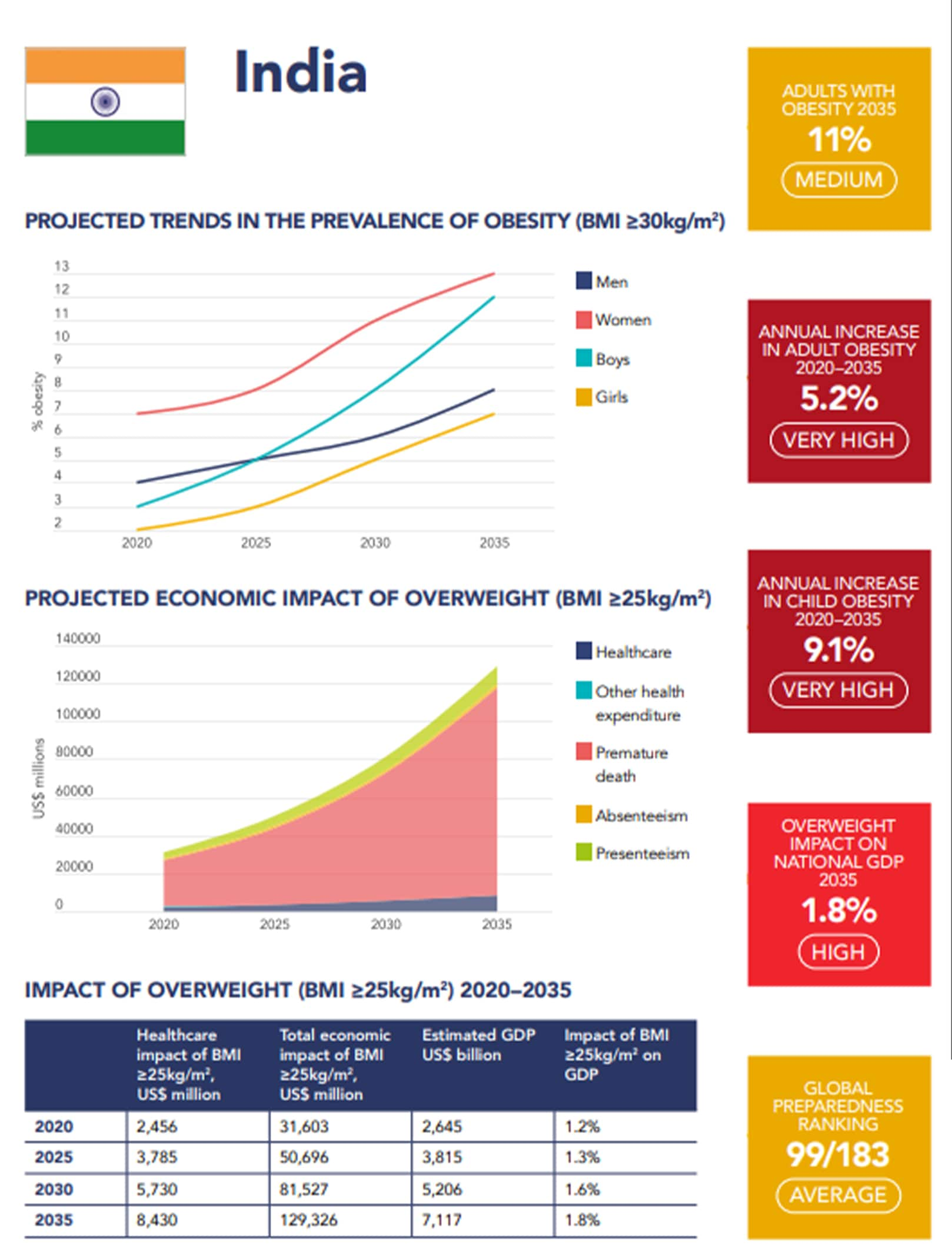In recent months, healthcare professionals in Virginia have reported a disturbing surge in the number of syphilis cases across the state. This increase has raised concerns not only among medical providers but also within the community at large, as syphilis continues to pose serious health risks for affected individuals. Health officials are urging both doctors and the public to prioritize awareness and education regarding sexually transmitted infections (STIs) as vital components in combating this troubling trend.
The Virginia Department of Health has documented a sharp rise in syphilis cases, particularly in regions that are more populous or have experienced recent migration patterns. Syphilis is a sexually transmitted infection caused by the bacterium Treponema pallidum, and it is primarily spread through sexual contact. In its early stages, syphilis may present minimal symptoms, making it easily overlooked or misdiagnosed by individuals and even some healthcare providers. If left untreated, syphilis can lead to severe health complications, including cardiovascular issues, neurological damage, and increased susceptibility to HIV.
Several epidemiologists cite a combination of factors contributing to the recent increase in syphilis cases. Increased rates of unprotected sexual activity and a general decline in regular STI testing during the COVID-19 pandemic are believed to be significant contributors. Data suggests that many individuals opted to postpone routine health screenings during the time of heightened health concerns, which may have led to unrecognized and untreated infections spreading within the population.
Health officials have identified a number of demographic groups that are particularly affected by this surge in syphilis cases. Among these groups, young adults, especially those aged between 20-29, appear to be the most significantly impacted. Additionally, trends show that syphilis rates are rising more rapidly among men who have sex with men (MSM), as well as among other communities that experience higher levels of social stigmatization surrounding sexual health discussions. The intersection of social determinants of health, such as economic status and access to healthcare, plays an undeniable role in these rising statistics.
In response to these alarming trends, public health campaigns are being implemented to foster awareness and promote routine testing and treatment for STIs. Local health departments are collaborating with community organizations to distribute educational materials and facilitate testing opportunities. Emphasis is placed on empowering individuals with knowledge about their sexual health and promoting safe practices to reduce transmission rates.
Physicians are also being urged to engage more openly in conversations about sexual health with their patients. This includes regularly discussing the importance of STI testing and ensuring that patients feel comfortable addressing any concerns they may have regarding their sexual health. Utilizing electronic health records to identify and flag individuals who may be at higher risk for STI acquisition is another method that healthcare providers are encouraged to adopt.
The rising syphilis cases in Virginia are not unique to the state; they reflect a broader trend seen across the United States and other parts of the world. The Centers for Disease Control and Prevention (CDC) has reported similar spikes in syphilis and other STIs nationally. This highlights the importance of public health infrastructure and the need for coordinated responses at local, state, and federal levels.
There is also a growing recognition of the importance of mental health and education in tackling the stigma that often surrounds STIs. Health providers are being prompted not only to treat infections but also to address the psychological impact that an STI diagnosis can have on individuals. By fostering a non-judgmental environment, medical professionals can encourage more patients to seek testing and treatment when needed.
In conjunction with educational efforts, advancements in medical technology and access to rapid testing are expected to play a crucial role in arresting the upward trajectory of syphilis cases. Initiatives to improve accessibility in underserved regions are vital for addressing healthcare disparities that contribute to higher infection rates.
The alarming increase in Virginia’s syphilis cases serves as a call to action for both healthcare providers and the community. By promoting education, awareness, and destigmatization of STI testing, it may be possible to reverse the current trend and protect the health of Virginia’s residents. Engaging in open dialogue and empowering individuals with knowledge and resources will be key components in creating a healthier community for all. As this public health issue evolves, the collective response from health professionals, community organizations, and individuals will determine the future trajectory of syphilis rates in Virginia.



